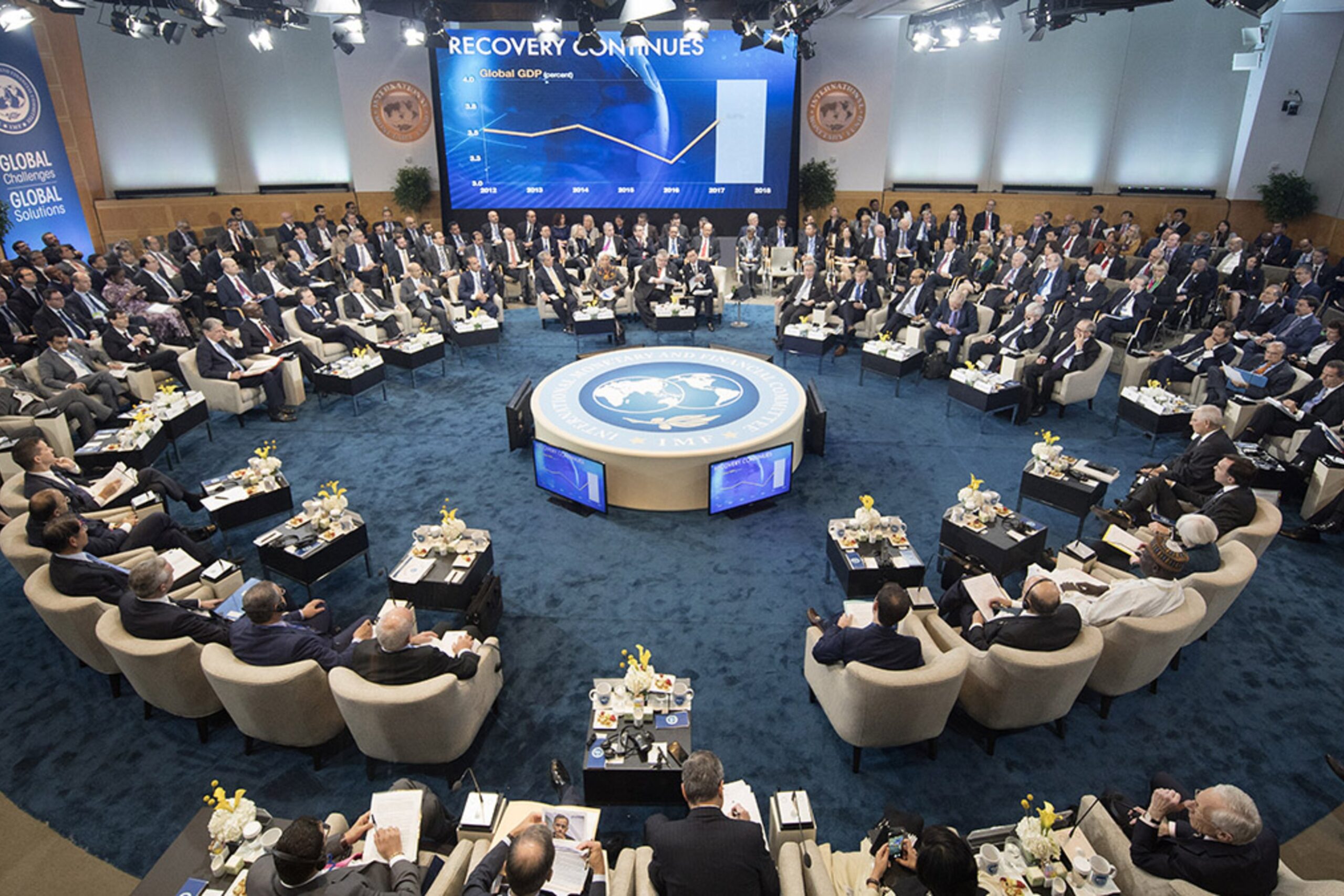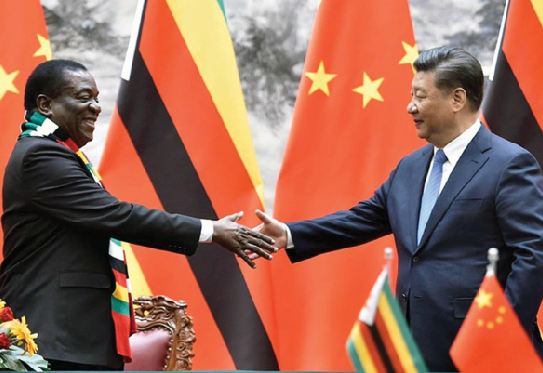Second Republic economic reforms charm China
THE Second Republic under the leadership of President Mnangagwa has in a short space of time set the country’s economy on the recovery path after years of stagnation, a top Chinese official said.
Pointing to the taming of inflation, price stabilisation and food security, Assistant Minister of International Department in the Central Committee of the Communist Party of China (CPC) Mr Li Mingxiang observed in a statement that under the leadership of President Mnangagwa, the Government actively formulated and implemented economic development plans.
This comes as the economic reforms being undertaken in Zimbabwe have received rave reviews from Bretton Woods institutions, which predicted that the economy would grow notwithstanding the Covid-19 pandemic and natural disasters.
“The economy has recovered steadily, inflation has declined, GDP has grown against the trend, and you have achieved remarkable results in development. After the outbreak of the Covid-19 pandemic, HE Mnangagwa has led the party and the people to take strict prevention measures and rollout vaccination scientifically so that the number of confirmed cases and the people of Zimbabwe can overcome various challenges on the way ahead and realise the beautiful vision of building a prosperous and strong middle-income country by 2030,” noted Mr Li.
Since coming into office President Mnangagwa has made strides in re-engagement, democracy, curbing corruption, conflict resolution, and agricultural productivity, among other achievements aimed at fostering socio-economic development and peaceful co-existence to eradicate poverty.
“We follow closely Zanu PF’s endeavours and exploration as your comrades and brothers. Since its establishment, it has led its people on an arduous journey for anti-colonisation and national liberation.
“The two parties share a special relationship of both comrades and brothers. Over the years, the relationship between our two parties has played an important role in the establishment and development of a comprehensive strategic partnership between the two countries. Standing at a new historical starting point, we are willing to work with Zanu PF to earnestly implement the important consensus reached by HE Xi Jinping and HE Mnangagwa to better promote relations between our two parties and two countries.”
In fulfilling the objectives, Mr Li said the two countries should continue to improve exchanges and cooperation between the two parties.
“We should strengthen high-level exchanges, timely renew our MOU for cooperation, make joint plans for the development direction of our relationship; make innovations to deepen cooperation in exchanging governance experience and training cadres to consolidate the political foundation of bilateral cooperation. We welcome you to visit China after the pandemic.”
Zimbabwe’s Vision 2030, Mr Li said, should also be coordinated with China’s 14th Five-Year Plan with the two countries deepening ties under the framework of “Belt and Road” Initiative and Forum on China-Africa Cooperation.
“China will continue to fully support your fight against the pandemic and help you overcome it as soon as possible . . . We are willing to offer help as much as possible for your fight against the pandemic and economic recovery. China will continue to make unremitting efforts to call for the lifting of unreasonable sanctions against Zimbabwe”.
On the global arena, Mr Li said the CPC is willing to move forward hand in hand with all progressive forces in the world including Zanu PF to shoulder the responsibilities to lead the way and shape the common future of mankind.
“(Let’s) Build consensus by promoting common values of peace, development, fairness, justice, democracy, and freedom; promote development and more equitable share of its benefits for people in all countries; enhance cooperation to tackle global risks and challenges, and improve governance by enhancing our capacity to ensure people’s wellbeing.”
Last year, President Mnangagwa launched the National Development Strategy 1 (NDS1); an economic master plan focusing on inclusive development from 2021 and 2025.
NDS1 endeavours to streamline gender, youth women and other vulnerable groups, thus creating equal opportunities for all in an economically stable environment.
NDS1 is a successor step to the Transitional Stabilisation Programme (TSP) in the drive to achieve a middle-income economy by 2030 as enshrined in national Vision 2030. The TSP, a fiscal and monetary reform policy, which has brought the much-needed economic stability the country enjoys and leverages its growth trajectories on, was launched in October 2018.-herald.cl.zw









